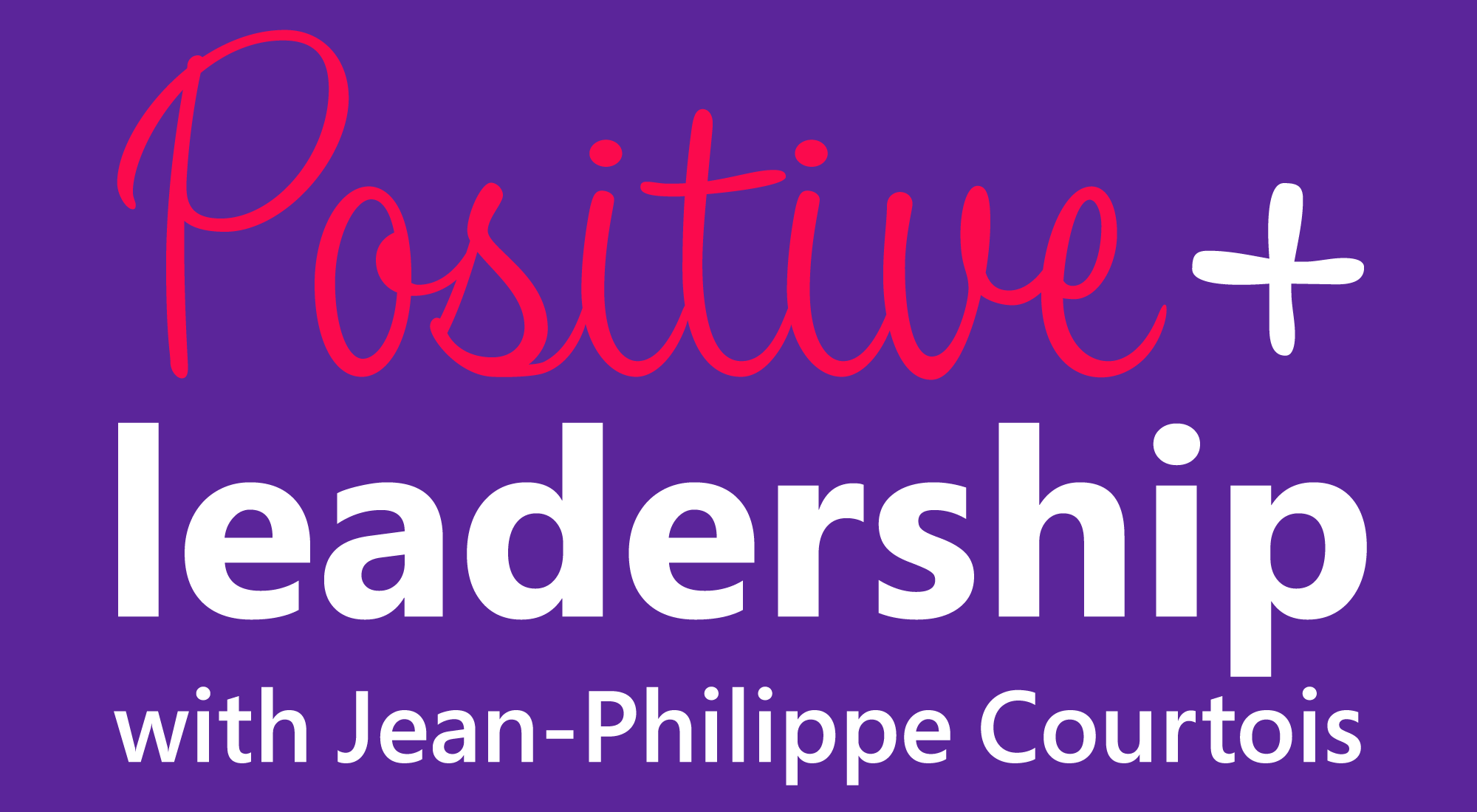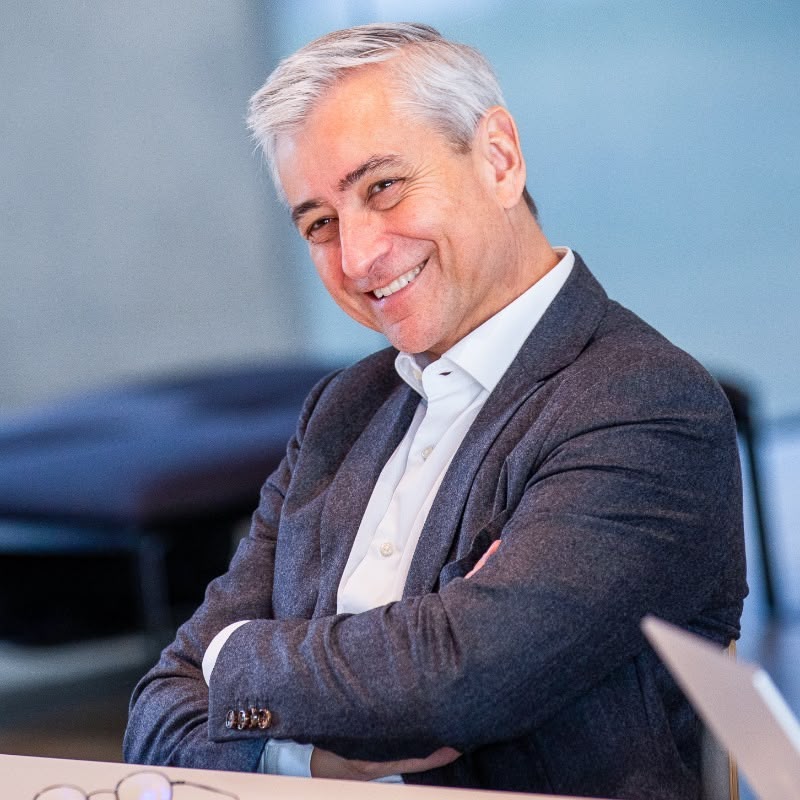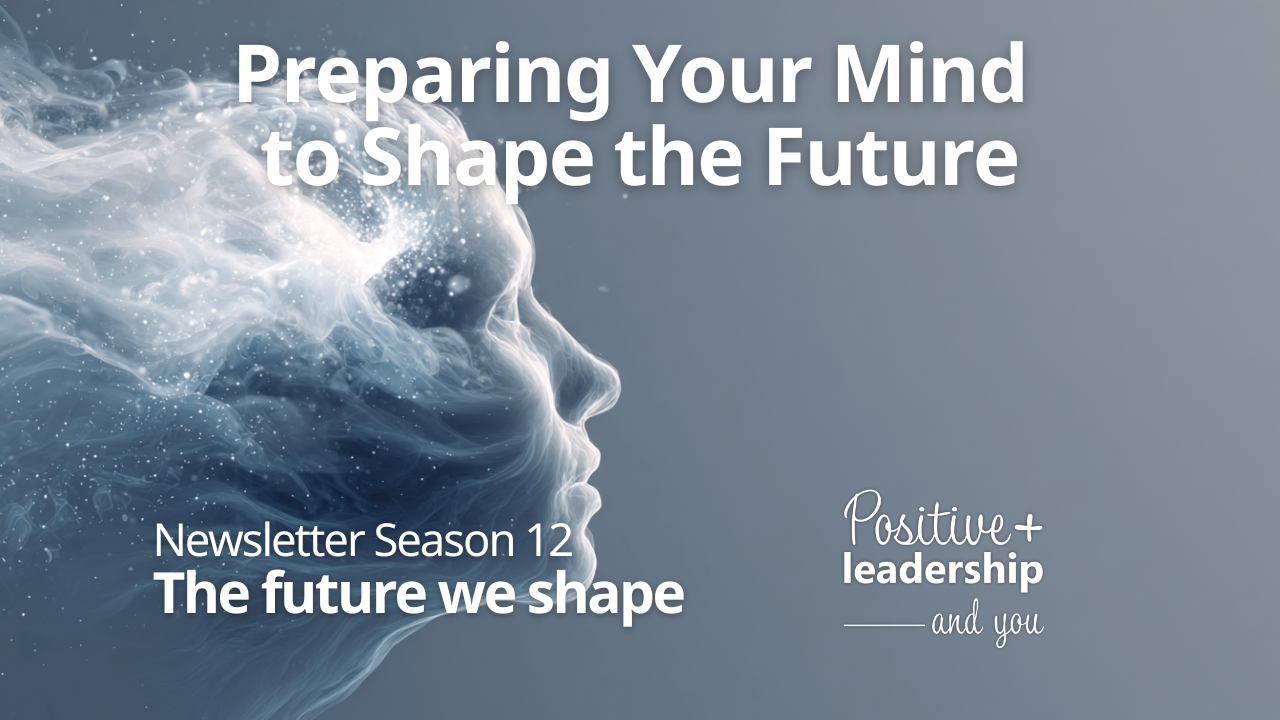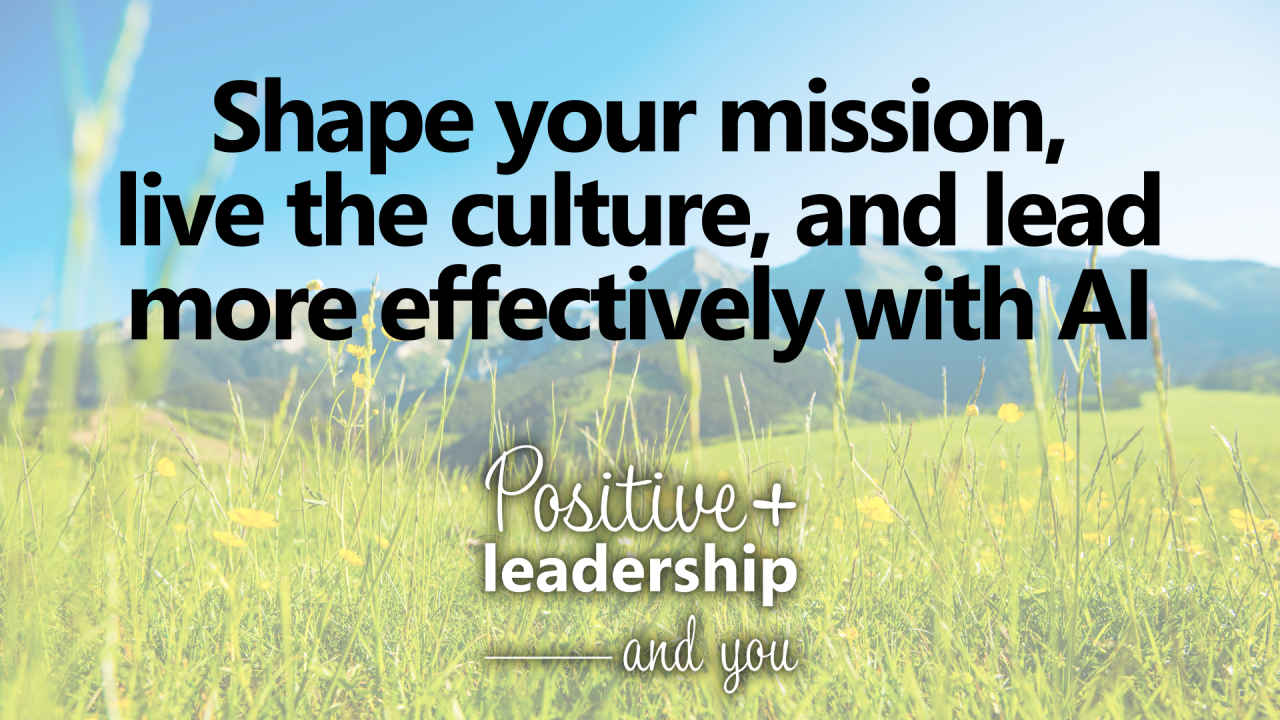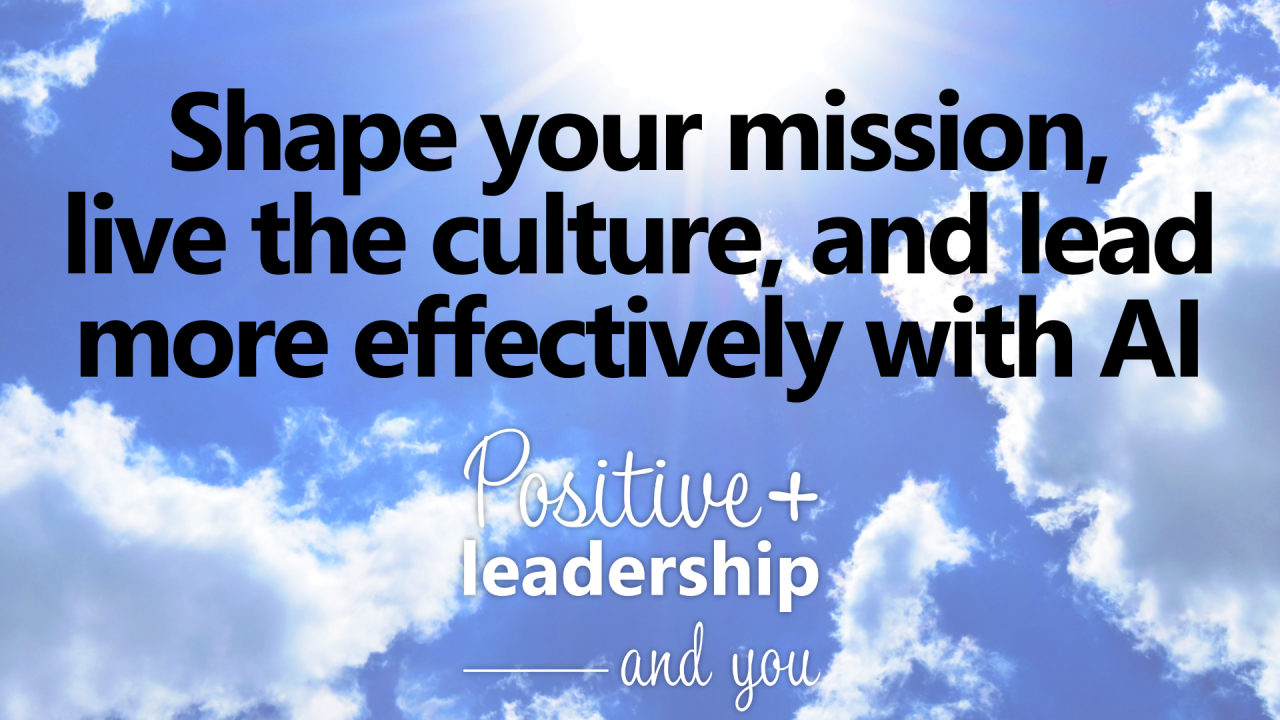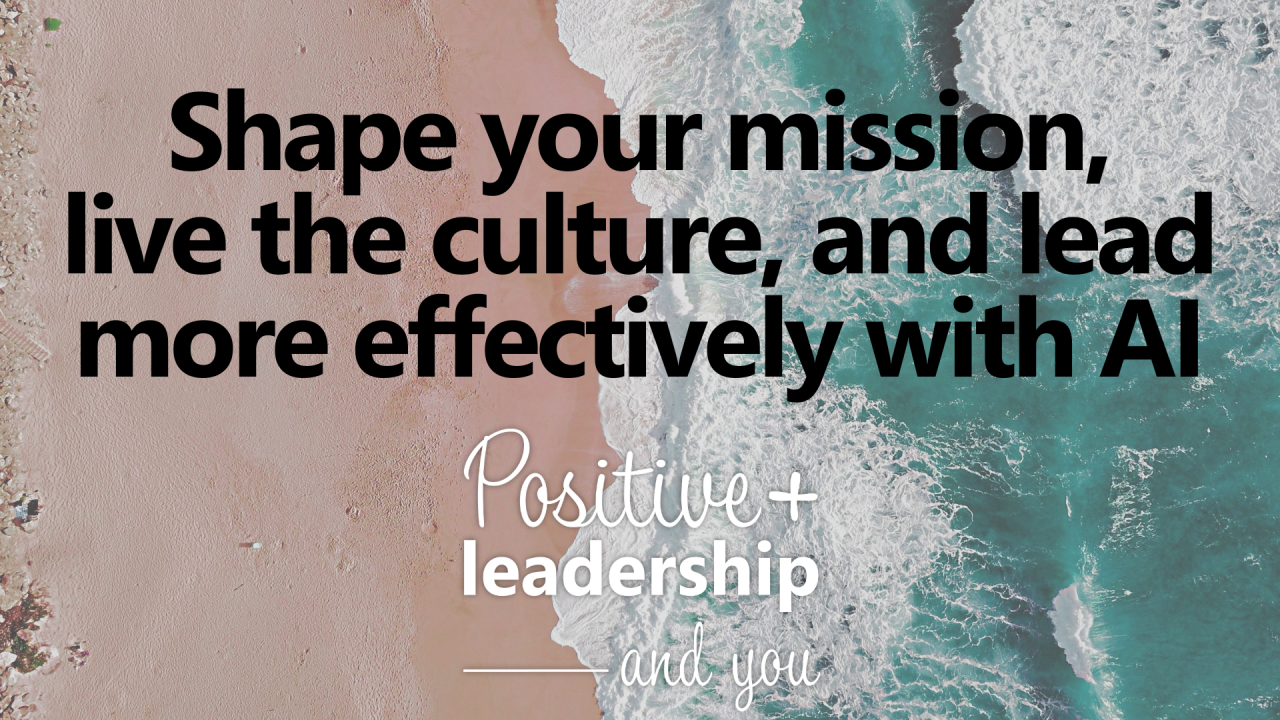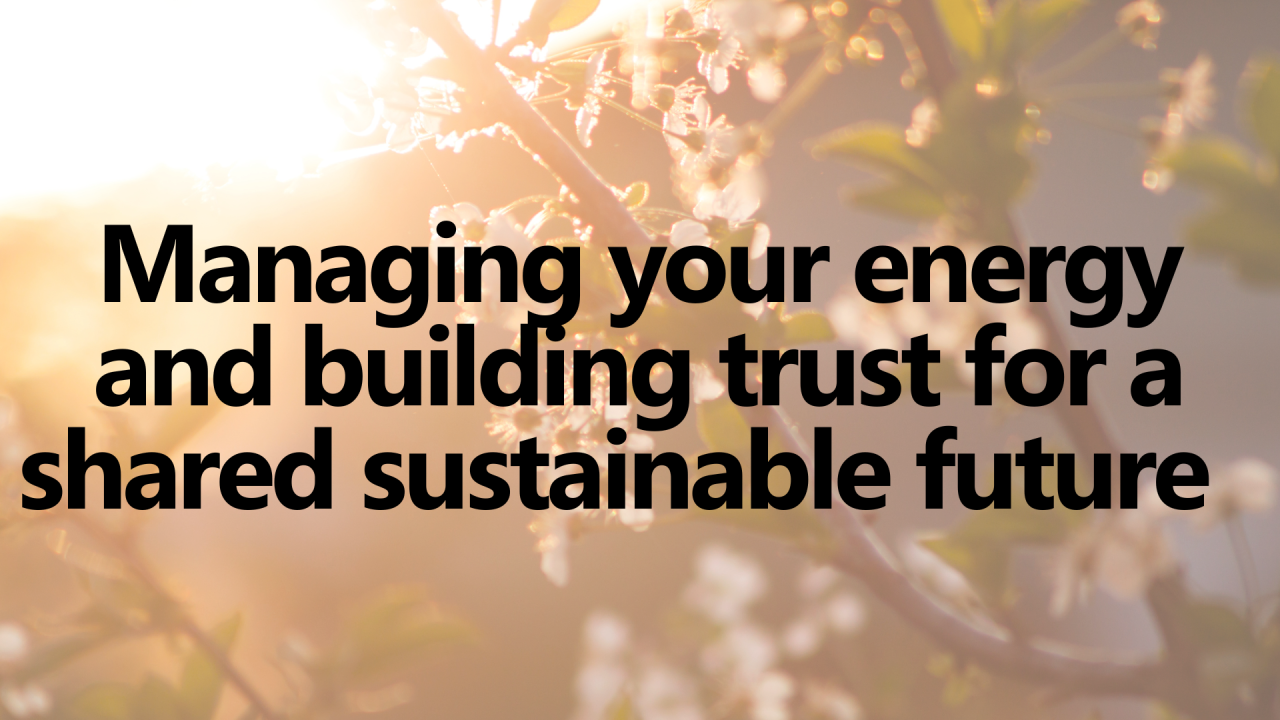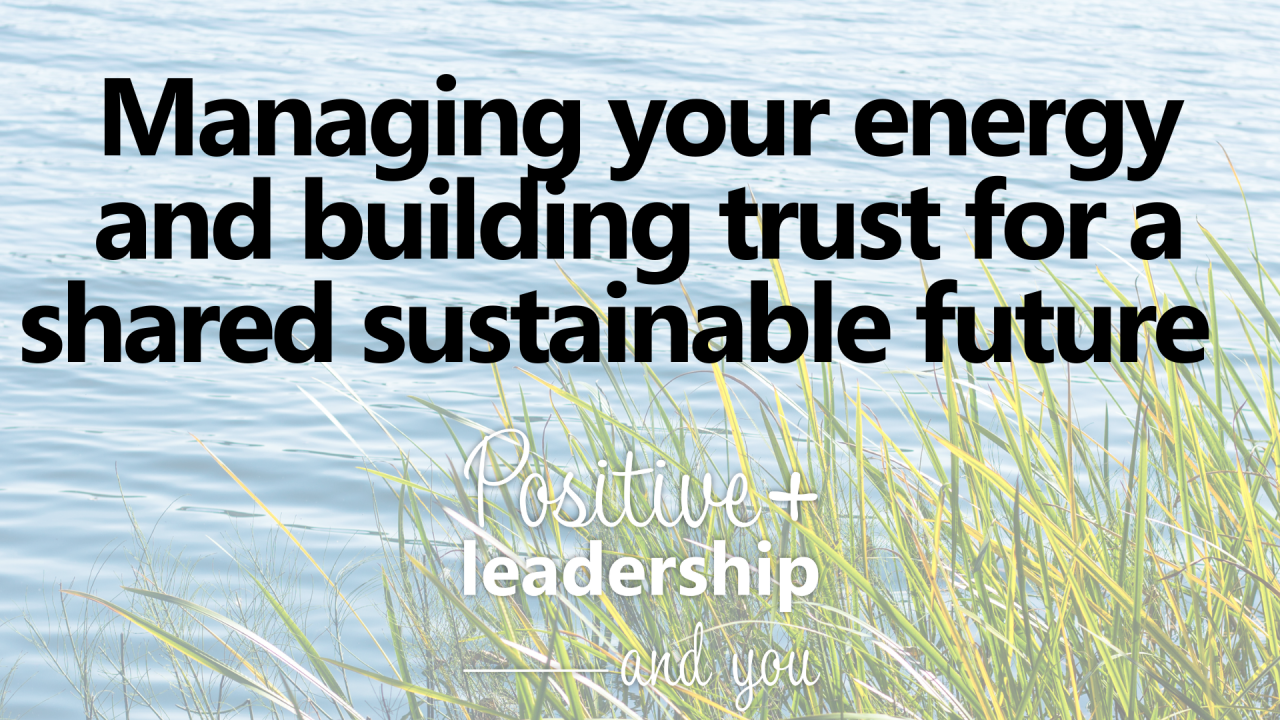26 Feb 25
Me: Self-Care and Energy Management
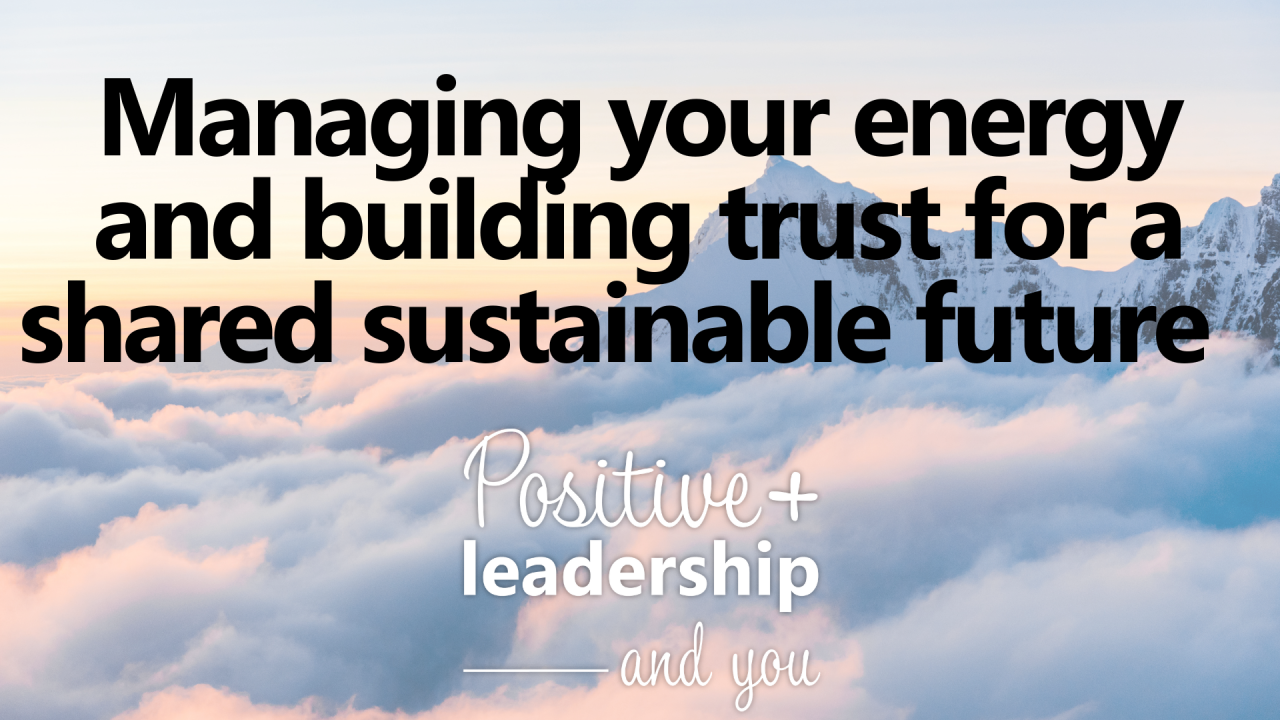
Welcome to the first newsletter of our new quarterly round, "Managing Your Energy and Building Trust for a Shared Sustainable Future." In this edition, we’re focusing on the “Me” dimension—specifically, on self-care and energy management through mindfulness. As leaders, taking care of ourselves is not a luxury—it’s a necessity for maintaining high energy, focus, and, ultimately, for inspiring our teams.
Taking Care of Yourself as a Leader
As leaders, our energy is the fuel that powers our decision-making, creativity, and resilience. Yet, in the fast pace of our daily responsibilities, we often overlook the very foundation of our leadership: our own well-being. By integrating mindfulness and self-care into our routine, we can manage stress more effectively and maintain the clarity needed to lead with purpose.
Mindfulness Practices for Managing Stress and Maintaining Mental Clarity
Mindfulness isn’t just a buzzword—it’s a scientifically supported practice that can transform the way we lead. Dr Tara Swart Bieber , a PhD neuroscientist and medical doctor, has explored the neuroscience behind mindfulness, highlighting how these practices can rewire our brains to reduce stress and boost mental clarity.
Training your brain for success (with Dr Tara Swart MD)By taking even a few minutes each day to engage in mindfulness meditation or breathing exercises, we can enhance our ability to remain calm and focused in the midst of challenges.
Arianna Huffington , one of the world's most well-known, influential, and authentic leaders, is another compelling voice in this space. As a practitioner who champions the importance of well-being alongside success, she reminds us that self-care is a critical component of leadership. Her initiatives at Thrive Global underscore the idea that protecting our energy is not only good for our health but also essential for sustaining performance over the long term. She said in the podcast
“We can all be transactional—we can all get stuff done, go through our to-do list, have meetings—but to be a positive leader who can inspire, build teams, and create and innovate, it requires us to operate from a place of fullness. So, we need to take that time to recharge.”
This is something to remember daily.
Learning to thrive (with Arianna Huffington)Building Sustainable Habits to Avoid Burnout
Sustainable leadership means cultivating habits that prevent burnout. Kim Cameron, a pioneering scholar in the field of positive leadership, has long emphasized that positive leadership must include self-care and well-being. By creating routines that support both our physical and mental health, we set a powerful example for our teams—demonstrating that caring for ourselves is the first step in caring for others.
Recommended by LinkedIn
Generating positive energy as a leader (with Kim Cameron)In this spirit, I’d also like to highlight the inspiring leader perla Servan-Schreiber , who shares her personal rituals for managing energy. Whether it’s early morning walks, reading poetry, or even cooking as a meditative practice, her approach reminds us that self-care can take many forms. These practices help reset our minds and allow us to approach our work with renewed vigor and creativity.
[FR] Un chemin de vie (avec Perla Servan-Schreiber)Positive Leadership and Positive Psychology
At its core, positive leadership draws on the principles of positive psychology—a field that emphasizes strengths, well-being, and resilience. Dr Audrey Tang , a chartered psychologist and author, has been instrumental in highlighting how these principles underpin sustainable leadership.
“When we love ourselves and truly care for ourselves, it becomes so much easier to extend that kindness to others. If we’re overly critical of ourselves, that inner voice will remind us: ‘Who’s going to be kind to you? You!’”
By grounding our approach in positive psychology, we can build a leadership style that not only drives performance but also nurtures a healthy, inclusive, and supportive culture.
Positive Leadership and its foundation in positive psychology (with Dr. Audrey Tang)In my own journey, I’ve learned that caring for my energy isn’t a luxury—it’s essential. I start my day with breathing exercises—sometimes meditation—followed by a 60-minute workout.
When working long hours, I stand for about half the time, especially during video calls or podcast recordings. Standing keeps my energy flowing, my mind sharp, and my engagement strong.I rely on my Oura ring for sleep insights, knowing that well-rested nights significantly boost my focus and help me bring positive energy to every interaction. These small, intentional choices—breathing, exercising, moving, and resting—add up to a stronger presence and a deeper impact. For me, self-care is the foundation of positive leadership, because we all need that vital spark to inspire others.
That’s why I commit to these rituals, day after day.
So, as we move forward into 2025, I encourage you to reflect on your own self-care routines. What small changes can you make to manage stress better and build sustainable habits? Whether it’s practicing mindfulness, taking regular breaks, or finding a personal ritual that recharges your energy, every step counts.
I’d love to hear your thoughts and experiences. How are you managing your energy as a leader? Let’s continue the conversation in the comments. Together, we can build a future where positive leadership creates thriving teams and sustainable success.
Wishing you a mindful and energetic month ahead,
Jean-Philippe Courtois
